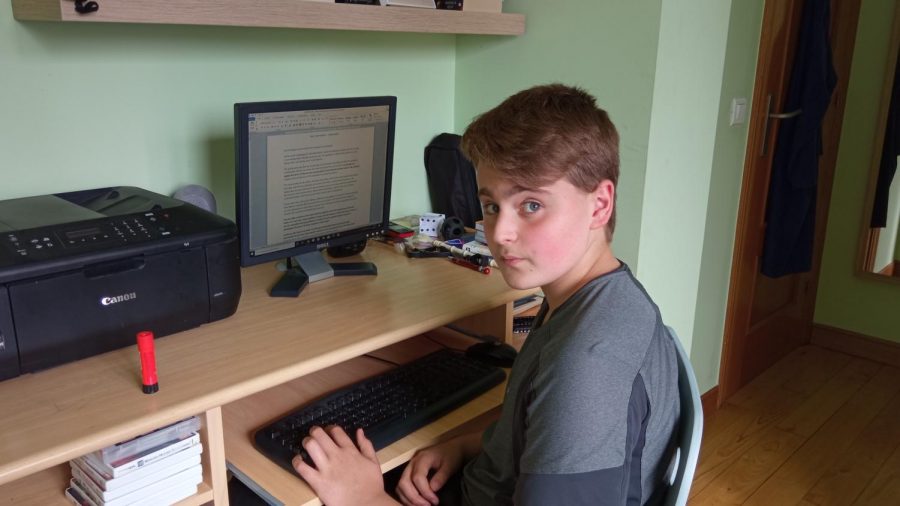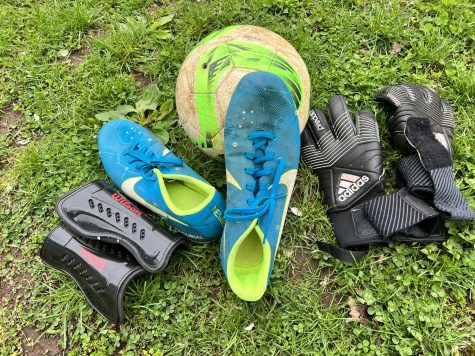Overseas Dispatch: The Covid Report from Spain
The entire world is facing this new pandemic disease, Covid-19, although each country is following its own path. There are so many things about it that we ignore or don’t understand that make it difficult to know if we have chosen the right approach.
Vaccines are certainly a part of the right pathway to get out of Covid. But the vaccination progress is not as good as it could be. We still need months to get everybody vaccinated. I have the feeling of being trapped in one of those movies where you wake up next morning only to realize that you are still in the same day.
Here is where things stand across the Atlantic:
VACCINATIONS: In Spain, vaccinations are going reasonably well. The country is vaccinating about 300,000 people per day. The population is 46,622,436 so it will take several months to complete the program.
The government says that the vaccine process will improve. But the perimeter confinement that is in place will have to remain for the vaccine plan to work.
Until everybody gets vaccinated we cannot relax because those not vaccinated can get infected. We cannot go, “No, no I have the vaccine, so I can go wherever.” That is completely wrong! The vaccine takes some time to work and we can’t risk infecting others. In Spain, about 16 percent of the population has been vaccinated. Lots of people are still vulnerable.
One problem we have: The response to Covid has been converted into a political issue.
The national data is broken down by communities, which show very unequal percentages of people vaccinated for the doses received. Currently, with the new shipments of vaccines from Pfizer, Moderna and AstraZeneca, the regions most advanced in the process are Ceuta, which has administered 98.1 percent of its received doses, followed by Extremadura, with 96.4 percent and Galicia, with 93.2 percent of received doses given.
On the other side of the scale is Murcia, which has only given 79.5 percent of doses received. Cantabria (83.2 percent) is the region with the second lowest percentage of vaccines administered versus those received. This is followed by Aragón (83.4 percent), Canarias (84.8 percent) and Melilla (85.6 percent).
One problem we have: The response to Covid has been converted into a political issue.
Local governments, like in Madrid, have been fighting any initiative by the central government, making it more difficult to rescind any measure that is not working — or making it more difficult for other measures to work.
Of course, all the doubts around what we know or don’t know about COVID or the vaccines doesn’t help. Nor do reported problems with the AstraZeneca vaccine halted that vaccination program, causing many people to be concerned about vaccination in general. Yet, some people who have refused the vaccine are now infected, and some have even died.
Fortunately, all of my grandparents have been vaccinated, as well as two of my aunts and my father. He is a scientist working in a Covid project, so he was included earlier in the program.
As for the rest of my family, all of us had COVID last year so we are not very nervous about the possibility of getting it again and infecting friends or relatives. Vaccinations are being given to people by calling them. Then they go to a close by health center and get vaccinated. In some big cities they are using stadiums to vaccinate people, but not in small cities like Santander.
SCHOOL: In Spain, kids are very eager to go back to normal school without masks and without plastic shields separating each student. Still, some children don’t respect the safety measures or wear masks even though it is obligatory. They get tired of wearing a mask and pull it down — even though if teachers see that they will send them to the principal’s office.
People in Spain say that probably next year we will still have to wear masks and so will we also probably have to keep the plastic shields up around desks.
Kids get bored of wearing a mask because we have been wearing them for months. Sometimes they pull it down without teachers or adults seeing it avoid getting in trouble. Everyone wants school to be normal again! People in Spain say that probably next year we will still have to wear masks and so will we also probably have to keep the plastic shields up around desks.
WHAT IS CHANGING: In Spain things have changed for the better in some places since the start of the pandemic. We can now go to into the streets. But we must wear a mask. We can take masks off, but only to eat or do sports. We cannot go to other communities, but we can move freely through the city. Fortunately, bars, restaurants and shops are open and you can hang out with your friends whenever — of course keeping distance and wearing a mask.
TRAVEL RESTRICTIONS: We can’t leave our community, but we can move freely inside of it. The problem comes if you have family in other communities or in other countries or cities. So that means you have to video chat them or call them on your phone. That is not the same as being with them and getting to spend time with them, either.
In my case, I have family in Andalucía, another community in Spain. My two aunts and my grandma live there. In Pamplona, I have two cousins, another aunt, my grandma and grandpa. In Madrid, I have three cousins and their parents. They are not blood–related but I love them equally. So, as you can see I miss them all a lot and would give everything to see them.
In my case, my family and I have taken the separated-families part quite well: We do video chats and calls very often and see our faces through the screen of a device. The reason why this is still happening is because the vaccination process is still happening. As I said, it is safer not to travel while the vaccines are being given out. In Spain, you still cannot travel even if you are vaccinated. Everyone has to keep from traveling until the government opens the barriers and families can see each other again.





